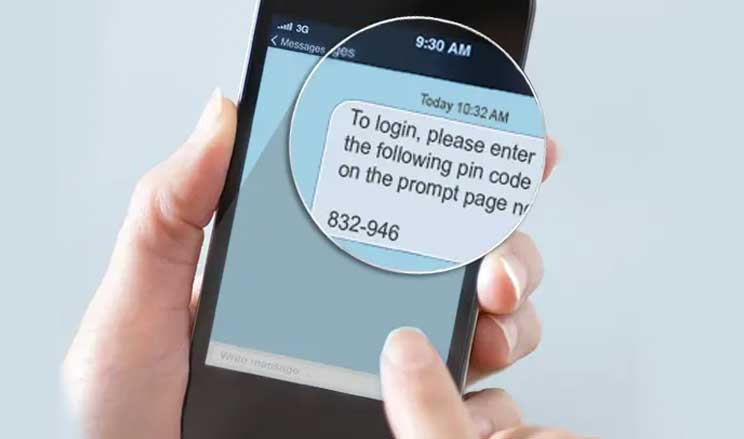A simple text message can grant you access to your bank account, email, and even social media profiles. SMS verification is a quick and convenient security measure that companies use to prevent fraudulent activities. But can your phone number be a vulnerable link? In this blog post, we will discuss the best practices to ensure maximum security when it comes to SMS verification.
Things To Do For Maximum SMS Verification Security
To ensure maximum security, follow these tips when using SMS verification:
Use A Secure Phone Number
Your phone number is the key to accessing your online accounts through SMS verification. It is crucial to use a secure phone number, one that is not easily available through public directories or search engines. You can also choose to use a verification app, such as Google Authenticator or Authy, that generates a unique code solely based on your phone rather than sharing phone numbers.
Don’t Share Your Verification Code
SMS verification codes are personal information, just like your passwords. Never share your verification code with anyone. Scammers can trick you into revealing your code through social engineering tactics. They may pose as a customer service representative or falsely claim that your account has been compromised. Legitimate companies will never ask for your verification code.
Keep Your Phone Secure
If someone gets hold of your phone, they can easily access all your online accounts with SMS verification. Set a strong passcode or use biometric verification, such as a fingerprint or facial recognition. Avoid saving your verification codes on your phone, or, if you must, use a password manager that encrypts your data. Enable remote wipe on your device so that you can erase all data in case of theft or loss.
Use Multi-Factor Authentication
SMS verification is not an infallible security measure. Attackers can intercept your code through a man-in-the-middle attack, in which they intercept the communication between your phone and the server. To prevent this, use multi-factor authentication that combines SMS verification with another factor, such as a password, biometrics, or a security key.
Keep Track Of Your SMS Messages
SMS verification codes might be the only proof that you are the legitimate owner of your online account. Keep track of your messages, and don’t delete them immediately after use. You can archive them in a separate folder or take screenshots if necessary. If you suspect any unauthorized activity, report it immediately to the website or service provider.
Ensure Robust Security with Responsible SMS Verification Practices
SMS verification is a straightforward security measure that can protect your online accounts from unauthorized access. However, it is crucial to follow best practices to ensure its maximum security. Use a secure phone number, do not share your verification codes, keep your phone secure, use multi-factor authentication, and keep track of your SMS messages. By following these tips, you can enjoy the convenience of SMS verification without compromising your security.
